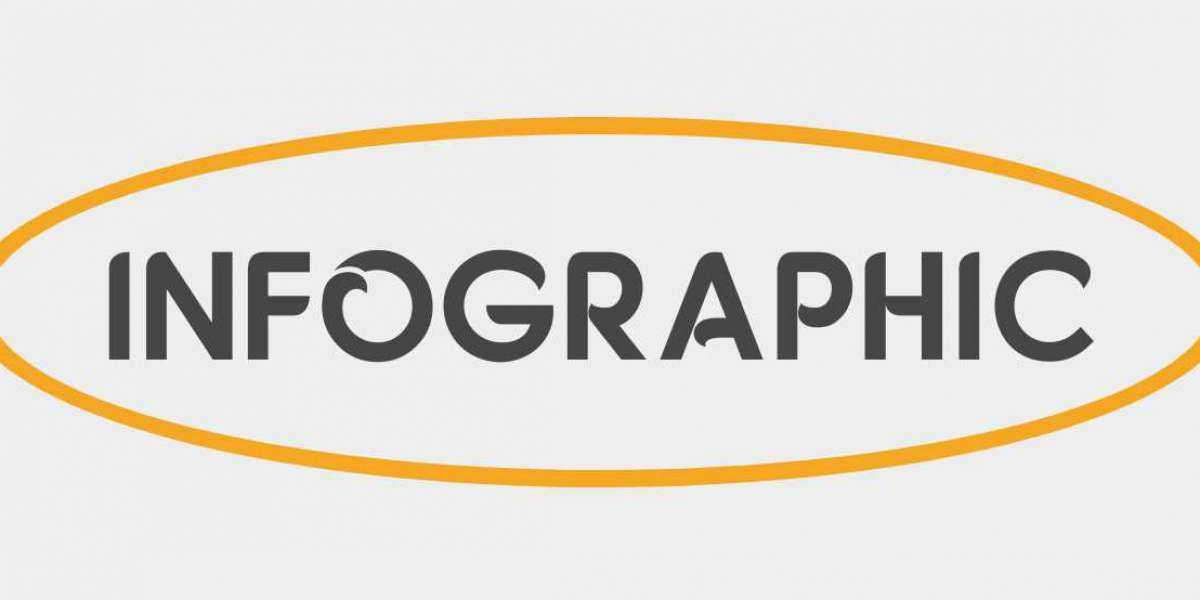One of the most complex and time-consuming aspects of running a medical practice is handling medical billing. From claim submissions and insurance follow-ups to managing denials and tracking revenue, the billing process can overwhelm internal staff and detract from patient-centered care.
This is where medical billing services step in. Outsourcing or integrating expert billing support can significantly reduce the administrative workload, improve accuracy, and enhance cash flow. In this article, we explore how medical billing services relieve clinics from the burden of back-office operations—allowing providers to focus on what they do best: treating patients.
1. What Is Medical Billing and Why Is It Challenging?
Medical billing involves translating healthcare services into claims, submitting those claims to insurance companies, tracking approvals or denials, and collecting payments. Each step demands expertise in:
Medical coding (CPT, ICD, HCPCS)
Insurance policies and payer-specific rules
Compliance regulations (HIPAA, Medicare)
Appeals and denial management procedures
Managing all this in-house means hiring trained staff, investing in software, and staying current with frequent regulatory changes. Without proper expertise, clinics risk increased errors, denied claims, and delayed reimbursements.
2. Administrative Burden in Clinics: A Growing Concern
According to various healthcare industry reports:
Over 25% of a provider’s time is spent on non-clinical paperwork
Clinics spend an average of 10–15 hours per week on billing-related tasks
Claim denial rates can range from 5% to 20%, often due to administrative errors
These responsibilities usually fall on front-office staff who also handle scheduling, records, and patient communication—leading to burnout and operational inefficiencies.
3. How Medical Billing Services Alleviate the Workload
Here are key ways medical billing services reduce the administrative burden in clinics:
Claim Creation and Submission
Billing services manage the entire claim preparation and submission process:
Gather charge data from providers
Use specialized tools for accurate coding
Submit claims electronically
Track submissions through clearinghouses and payer systems
This saves staff from hours of manual data entry and document tracking.
Denial Management and Appeals Handling
Dealing with denied claims is a major administrative headache. Billing companies provide:
Real-time tracking of claim status
Dedicated teams for corrections and resubmissions
Root-cause analysis to prevent future issues
This reduces time spent on payer phone calls and complex appeals paperwork.
Payment Posting and Reconciliation
Once payments are received, billing services:
Post payments to patient accounts
Manage Explanation of Benefits (EOBs)
Reconcile remittances with expected amounts
Identify underpayments or missing funds
These tasks are time-consuming and error-prone if handled manually.
Patient Billing and Follow-Up
Handling patient billing inquiries, sending statements, and collecting balances are essential parts of the billing cycle. Services often:
Send timely statements to patients
Provide dedicated support lines for billing questions
Offer payment plans and online portals
Follow up on overdue balances
This lets front-desk staff focus on patient intake and scheduling instead of chasing payments.
4. Reducing Errors Through Expert Medical Coding
Coding errors are a leading cause of claim denials. Medical billing services employ certified coders who:
Translate diagnoses and procedures accurately
Stay current with CPT, ICD-10, and HCPCS updates
Ensure correct coding for medical necessity
Minimize upcoding and downcoding risks
Outsourcing coding helps reduce liability and eliminates the need for frequent in-house training.
5. Integration with Insurance Credentialing Services
Credentialing ensures providers are authorized to bill insurance networks. Many billing services also offer insurance credentialing support:
Monitor re-credentialing deadlines
Handle applications and registrations
Track participation status
Prevent rejections due to non-credentialed providers
This reduces stress and lost revenue from credentialing errors.
6. Enhancing Revenue Cycle Management Efficiency
A strong billing partner doesn’t just process transactions—they manage the full Revenue Cycle Management (RCM) process, including:
Verifying insurance eligibility upfront
Capturing charges in real-time
Ensuring clean claim submission
Handling collections, reporting, and forecasting
This centralized approach reduces repetitive tasks and boosts efficiency.
7. Cost Savings and Resource Optimization
Hiring in-house billers requires salaries, training, benefits, and software investment. Outsourcing can save on:
Staffing and HR costs
Licensing and billing software fees
Ongoing training and certifications
Office space and supplies
With fewer administrative staff required, clinics can reallocate resources to clinical care, outreach, and growth.
8. Improved Cash Flow and Faster Payments
Timely and accurate billing leads to faster reimbursements. Billing services typically:
Submit claims within 24–48 hours
Reduce denials and rework
Aggressively follow up on overdue claims
Optimize collection processes
This results in more consistent cash flow, better forecasting, and fewer days in accounts receivable.
9. Better Compliance and Audit Readiness
Staying compliant with insurance guidelines and healthcare laws is critical. Billing companies help ensure:
Proper documentation
HIPAA-compliant systems
Audit trails for every claim
Updated coding based on regulations
This reduces audit risks, penalties, and lawsuits—freeing internal staff from constant compliance concerns.
10. Scalability for Growing Clinics
As clinics expand, billing needs become more complex. Internal medical billing services provide:
Specialty-specific billing (e.g., cardiology, dermatology)
Support for multiple providers and locations
Integration with EHR/EMR systems
Advanced reporting and financial planning tools
Instead of hiring more staff, clinics can scale seamlessly through outsourced solutions.
11. Real-Life Example: A Small Clinic’s Transformation
Case Study: A 4-provider internal medicine clinic was struggling with high denial rates and delayed patient billing. Their front-office staff managed both administrative and billing duties, leading to burnout and inefficiency.
After outsourcing to a billing service:
Claim denial rate dropped from 17% to 4%
Days in Accounts Receivable (AR) reduced from 45 to 20
Monthly revenue increased by 25%
Staff focused entirely on patient care and communication
The clinic saw improved financial health and higher patient satisfaction through streamlined operations.
12. Conclusion: Focus on Patients, Not Paperwork
In today’s complex healthcare environment, clinics can’t afford to be weighed down by the administrative burden of billing. Partnering with a reliable medical billing service reduces errors, speeds up payments, and improves revenue cycle efficiency.
By outsourcing critical functions like coding, claim submissions, denial management, and credentialing, clinics can free up time and energy to deliver excellent care. Medical billing services aren’t just support—they are strategic partners helping clinics thrive, stay financially stable, and enhance the overall healthcare experience.








